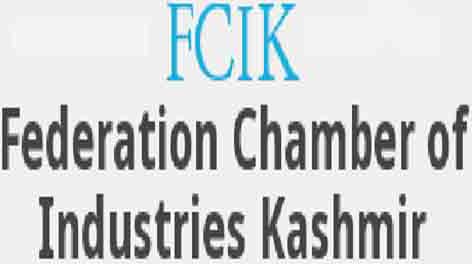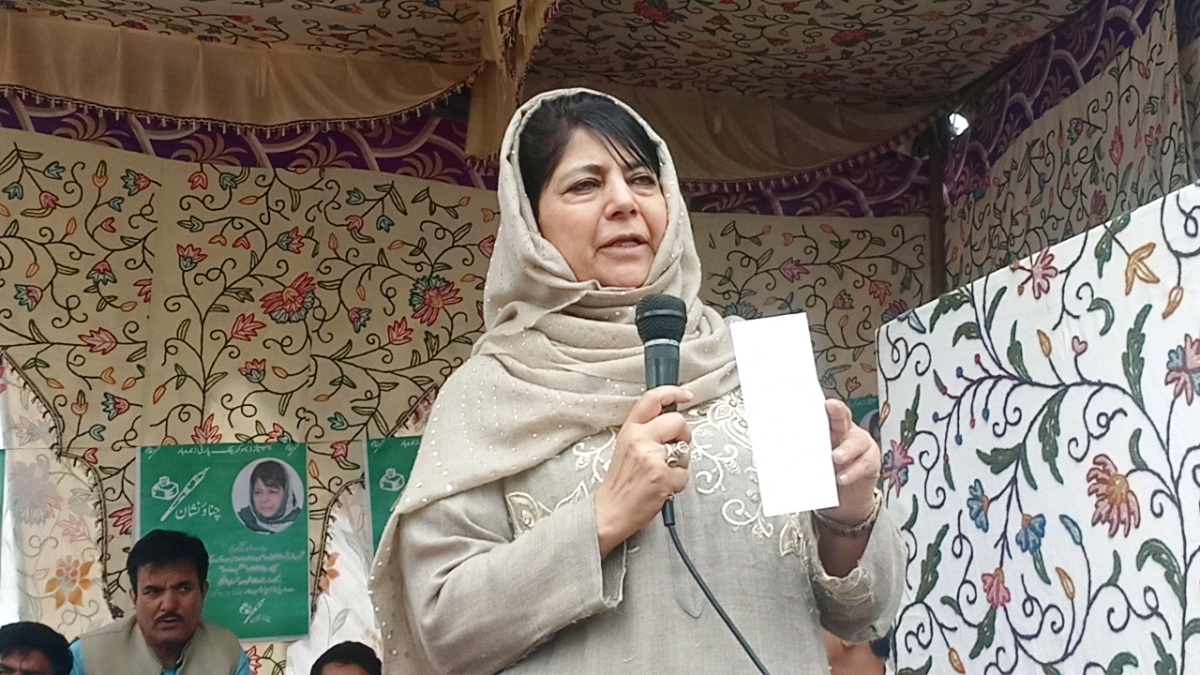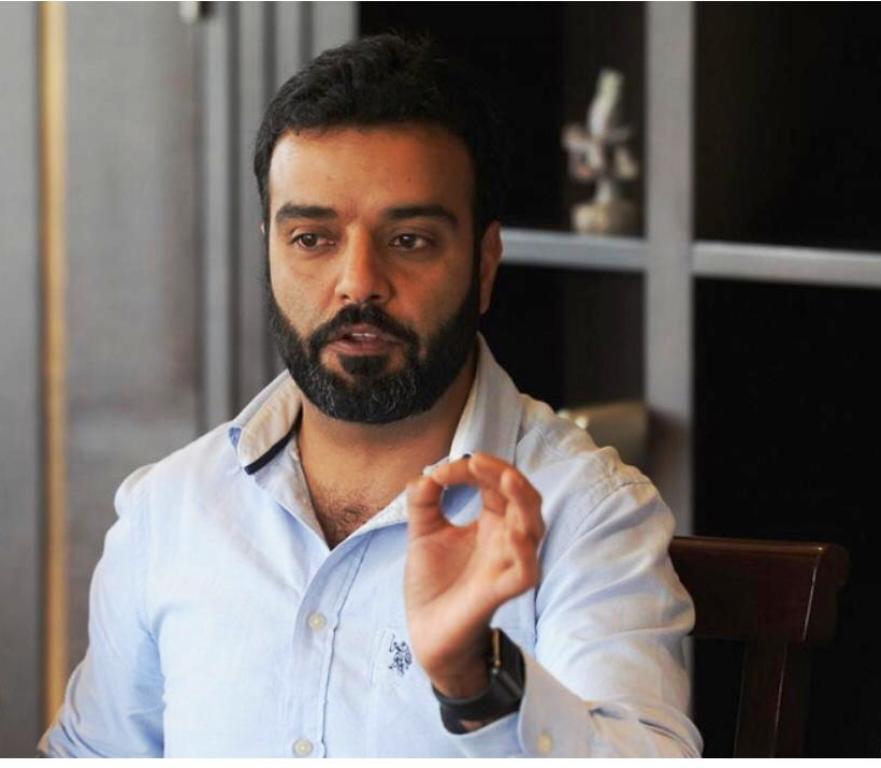by Syed Samreen
SRINAGAR: A major breakthrough in the field of SARS-CoV-2 testing is underway as a Kashmiri researcher has developed a Saliva-based testing kit. Once approved for production and use, it will bring revolution in the speedy testing of the suspects at throwaway costs.
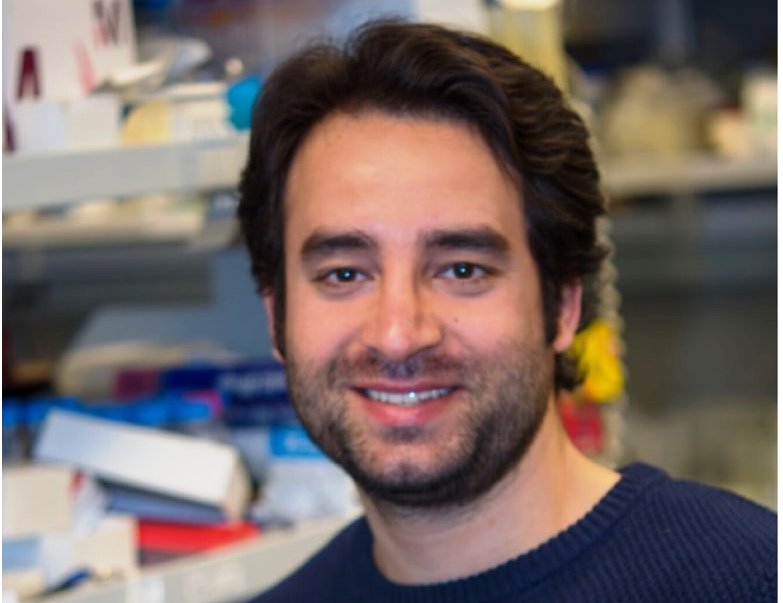
Dr Tanveer Ahmad, 37, an assistant professor in Jamia Millia’s Multidisciplinary Centre for Advanced Research and Studies (MCARS), along with his aides Dr Mohan Joshi and Dr Javaid Iqbal, has developed a chemical formulation kit which identifies whether the virus is present in the salivary sample of a person or not.
“The Jamia has been in talks with a number of companies for its production at mass scale,” Dr Ahmad told Kashmir Life. “I hope the company will be finalized early next week. Once that happens, the company will approach the concerned authorities (ICMR or the drug control authorities) and then it will be available in the market for use.”
After the news was out about the evolution of a special simple and cost-effective kit, a number of companies have shown their interest in its production. Talks are reported to be underway for the technology transfer.
Results On Smart Phone
The most remarkable thing about the CASSPIT is that it is the first smartphone integrated Covid-19 testing. The smart phone application that has been developed by the trio is called the ‘MI-SEHAT’ (Mobile integrated Sensitive Examination and High-specificity Application for testing) , in which the artificial intelligence-based tools are used to determine whether the person has tested positive or negative for the SARS-CoV-2.
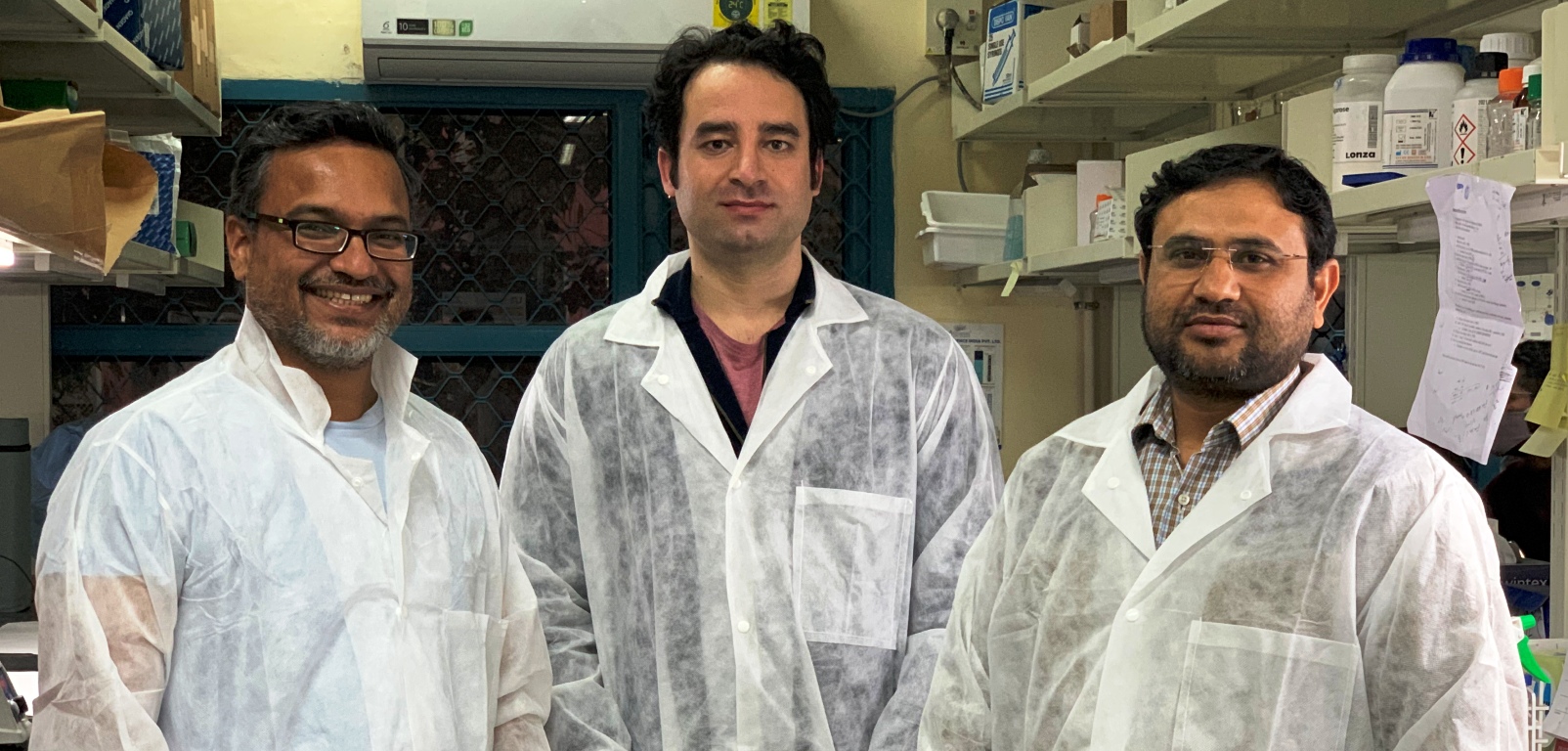
The kit allows any person to test himself for the Covid-19 at home without any hassles. The kit is safe, consistent and does not require any nasal swab; which most people find a source of discomfort.
The test kit, Ahmad said, is at par with the RT-PCR testing and gives 98% accuracy.
“We tested Clinical samples from the Safdarjung hospital, Delhi using our CASSPIT workflow along with the RT-PCR testing of the same samples and found that the CASSPIT data was 98% in agreement with the RT-PCR test,” Ahmad said.
The developed test kit that is India’s first RNA extraction-free system called as Cas13 associated saliva-based and Smartphone integrated testing (CASSPIT).
How To Test?
“The procedure is very simple. The kit will provide a tube in which the individual collects his saliva,” Ahmad said. “After that, a chemical formulation has to be added to the tube containing saliva. After the saliva reacts with the chemical formulation, the CRISPR-Cas enzymes identify the virus.”
The doctor also said that once the person completes the first step, after that the solution has to be put on a paper testing strip which accompanies the test kit. The strip will manifest bands of colour.
The patient after that has to upload a picture of the strip on the ‘MI-SEHAT’ application. The application, after uploading the image, will instantly determine the result.
“The test kit will approximately be available to common masses in two months time. It will be a big relief to people who are either way scared of any kind of invasive procedures of testing,” Dr Ahmad said.
Distinct Tool
Dr Ahmad said that the USA had approved a saliva-based tool kit in April last. “Ours is different because it has the flexibility of the patients carrying out the test at home,” Dr Ahmad said. He said they have applied for the patent of the kit with the Controller General of Patents, Designs &Trade Marks. It will take almost two months.
“Dr Iqbal and Dr Mohan are integral to the project and the patent they have filed has the claim of all the three,” he said.
A Srinagar Resident
Ahmad hails from HMT area of Srinagar and has graduated from Amar Singh College, followed by a postgraduate degree from Kashmir University in Biochemistry.
With an exceptional and flourishing academic background in biochemistry, the doctor has also excelled in two post-doctorates, one in University of Rochester, New York and the other from the National Institute of Health in Washington DC.
A patent application has also been filed and is expected to be approved in future.
However, the trio has been working on CRISPR based diagnostics for pathogens and bacteria since 2018 but was successful in validating the same technique for the Coronavirus.



